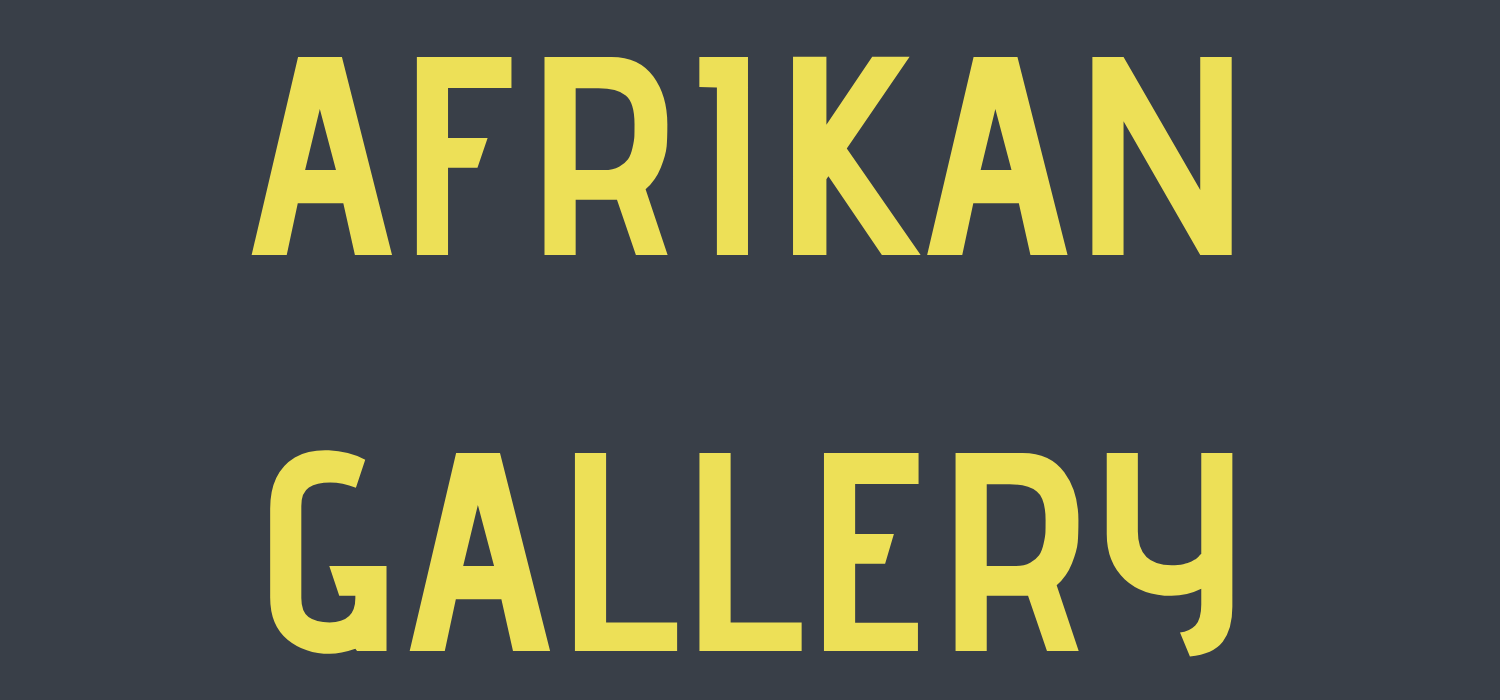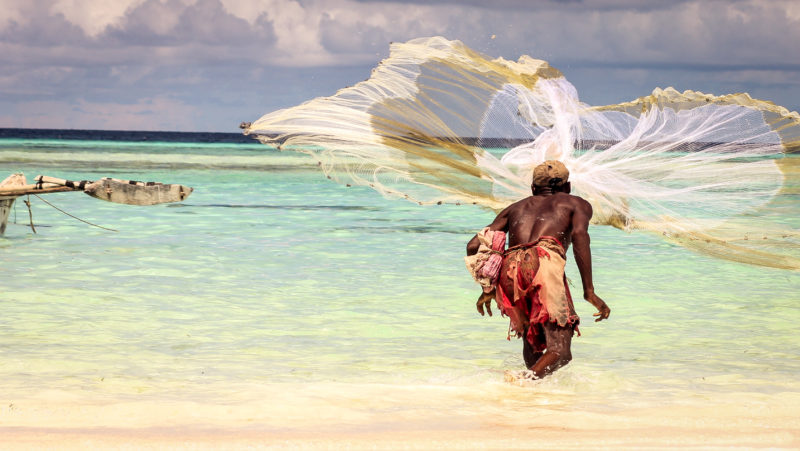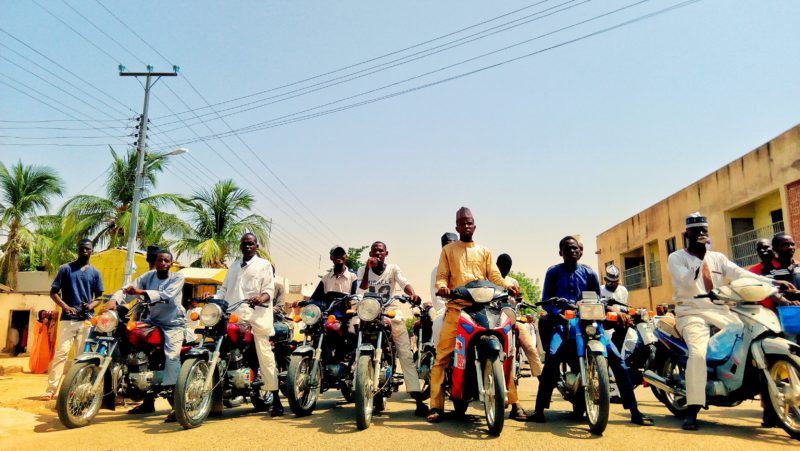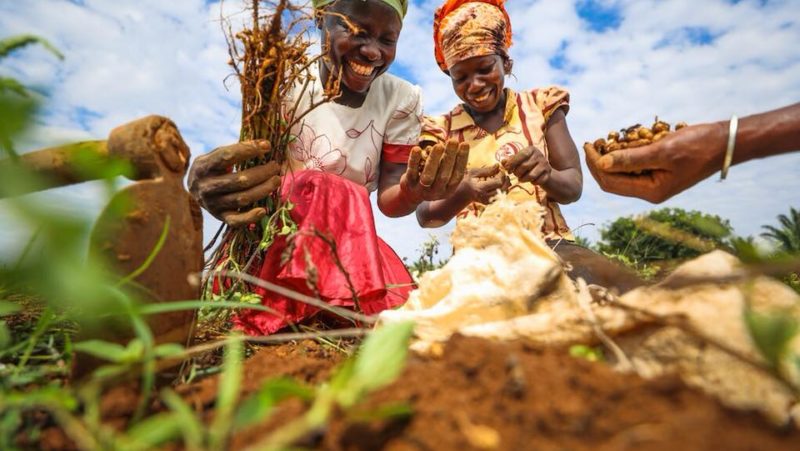First and foremost, we want to thank each and every one of our 1 million wonderful photographers and followers for the year of unending support. The quality of the content you share with us every day sincerely inspires us. Keep up the amazing work!
To kick us off, we had the opportunity to interview Ashraki Mussa Machano- UNESCO’s African World Heritage Day Photo Contest runner-up, founder of Ash Gallery (http://ashgallerytz.com/) and a proud Zanzibari. Read all about him and his work below.
AG: Tell us about yourself and Ash Gallery:
Machano: My name is Ashrak Mussa Machano, I am 27 years old with 6 years of experience in photography. I was born and raised in Zanzibar. Through the years I have been using AshGallery as my photography business name
I am developing my photography experience through volunteering on community events and volunteering with different NGOs as photographer and that is what helps me in improving my photography techniques and skills.
AshGallery at first was just a name, a vision in which a number of us could develop our skills and recruit more photographers. Since then I have built a website and am planning small exhibition and commercial space where people can view and purchase photographic art and share the stories.
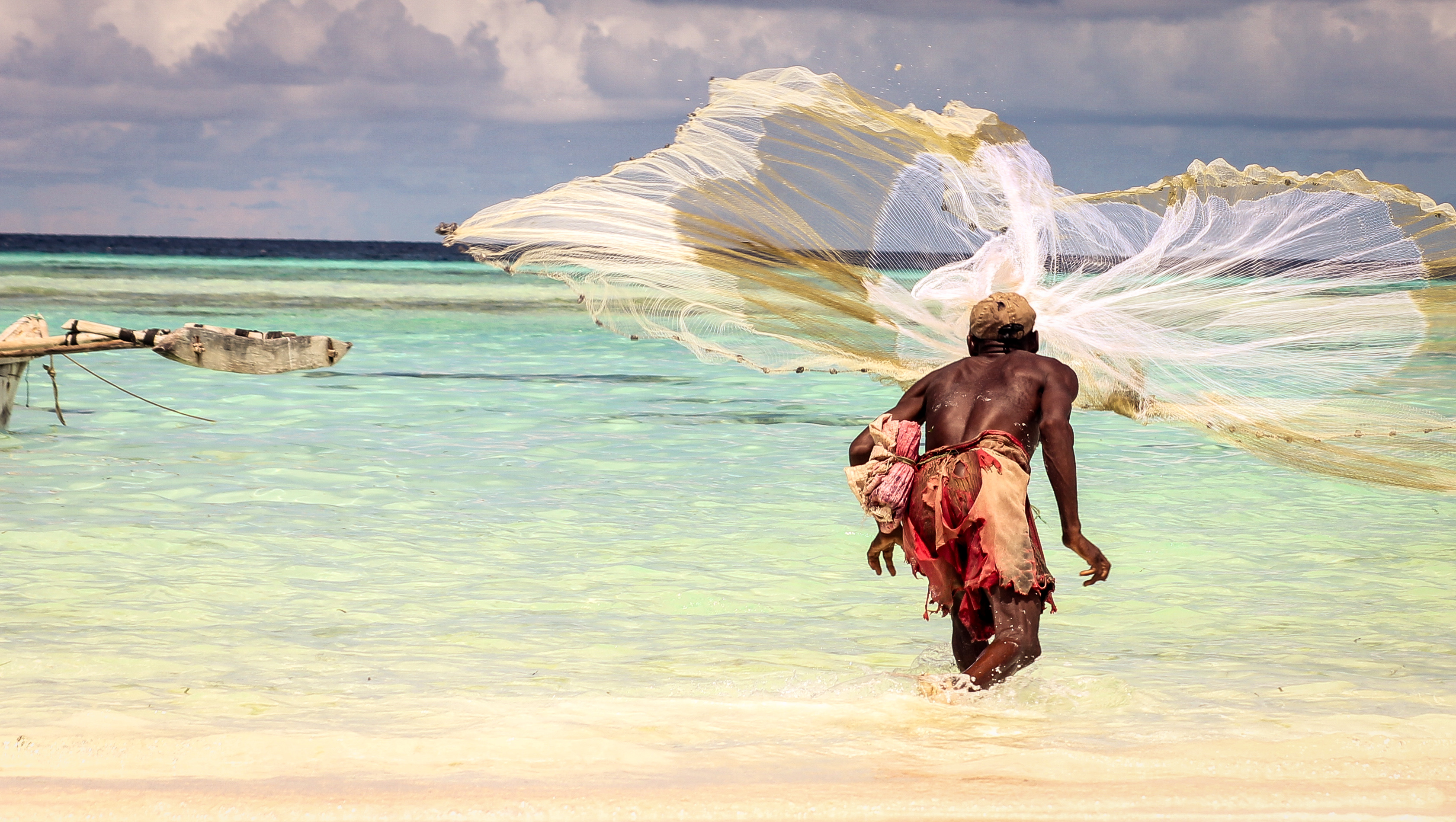
AG: What inspires you to take photos?
Machano: The exotic beaches and beautiful people of Zanzibar are what impress me and motivates my photography and I find myself becoming more and more interested with the dramatic portrait and Wildlife.
Taking creative photography with
pixel perfect size indeed is my obsession.
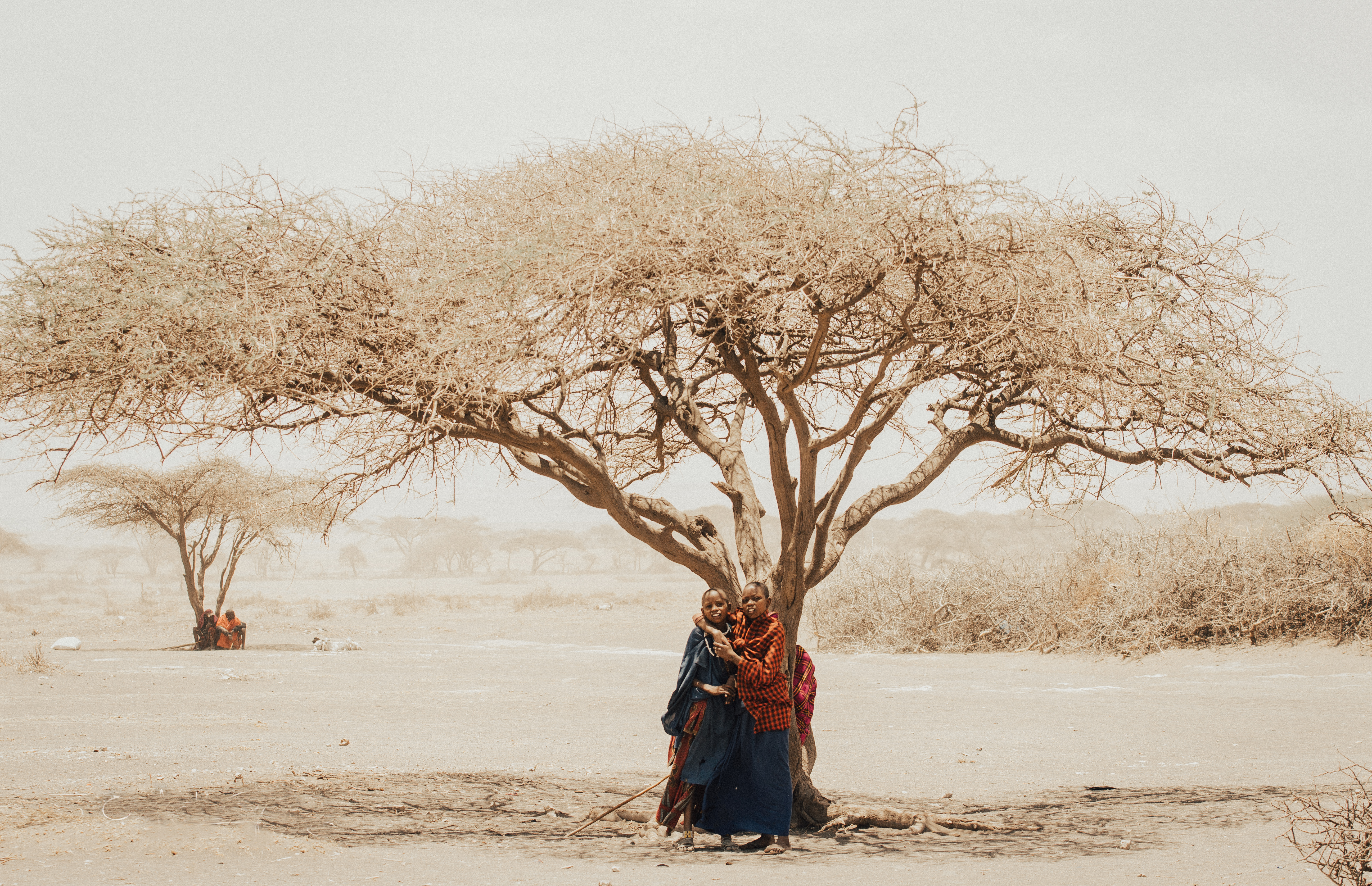
AG: How do you think African culture is shifting?
Machano: We keep losing the African culture, which is very bad, in order to favour a modern life.
It is due to the modern TV shows and the major usability of Social Networks, that our culture is slowly changing, which preferring a morden lifestyle rather than following our African heritage.
It is time to reflect on those that have come before and those that will come after. Think about what this place means as a place where a culture was formed and a language developed. Think about how you are part of the change. Think about how it is possible to accept development and modernity and yet remain true to the values and those things which are unique. The years are long, but the days are short.
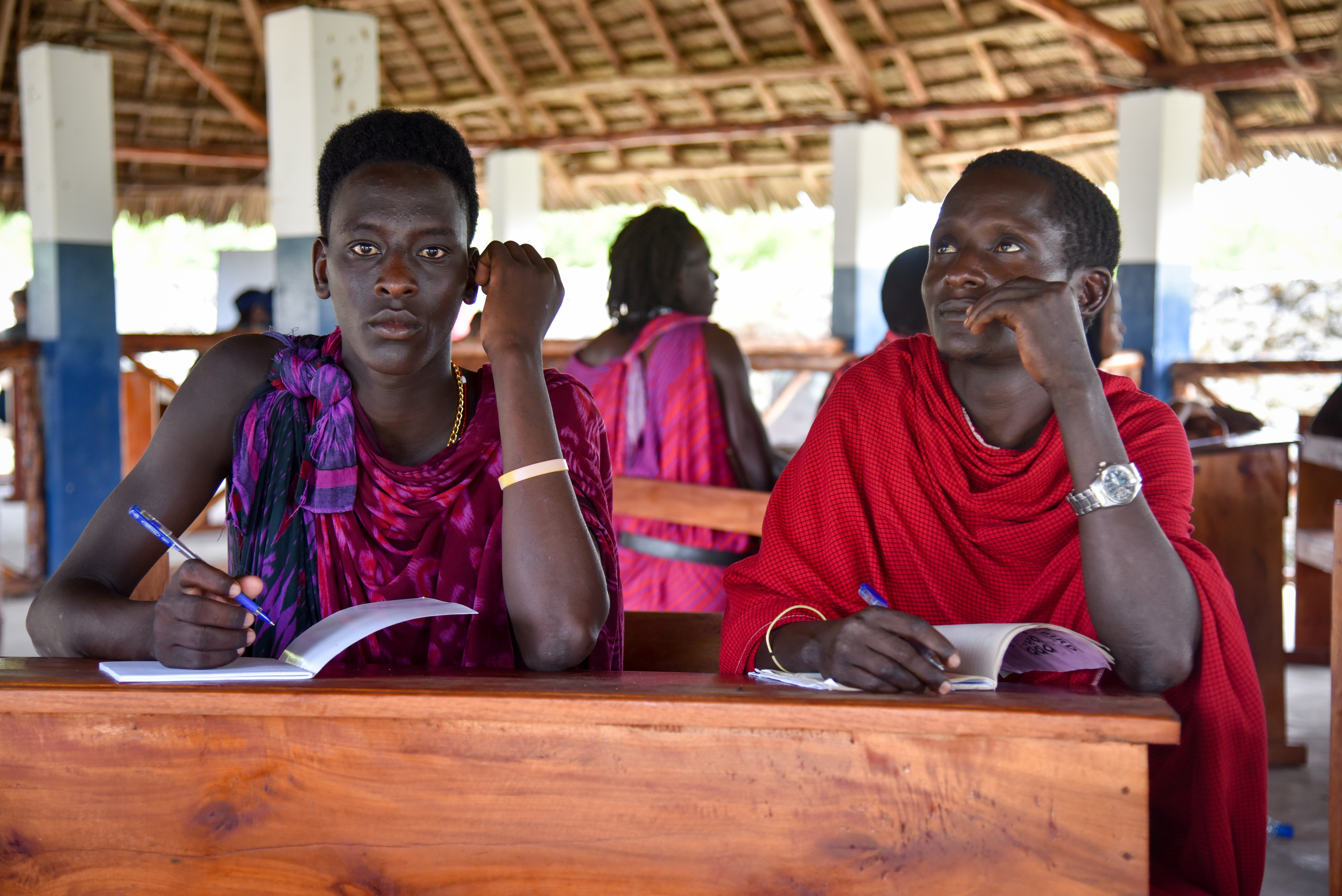
AG: What do you think is the role of photography is today’s Africa? How does your photography reflect the hidden life and culture of Zanzibar?
Machano: Photography it has been major tool on reaching the communities and people lives. There is more to Africa than meets the eye. But it has been able to be identify through photography.
Zanzibar is a place of myth and legend. A place of stories.
If you are a visitor, you have probably been drawn here, based on some of those stories. Zanzibar – romantic, mysterious, just beyond the horizon. Yes, Zanzibar and Stone Town are all of that, but much more.
Many of visitors, are here for only a short time, days perhaps, and will not have a chance to experience the depth and breadth of Swahili life and culture. Our photographs begin to suggest what it is to live here. To give you a window into our lives and to extend the conversation. What is development and change here in Zanzibar? What do we want change to be?
Here, the question is not, do we have development and change, because it would be foolish to suggest that with the global culture surrounding us, it is even possible set our culture in stone. Here the question is not – do we preserve our culture and environment? But what is it we want to preserve, what is it we must preserve, while at the same time continuing to be a part of the modern world. We welcome visitors – as we have for hundreds of years. But we ask how visitors can come to our shores while at the same time we preserve our natural world and remain true to our core values.
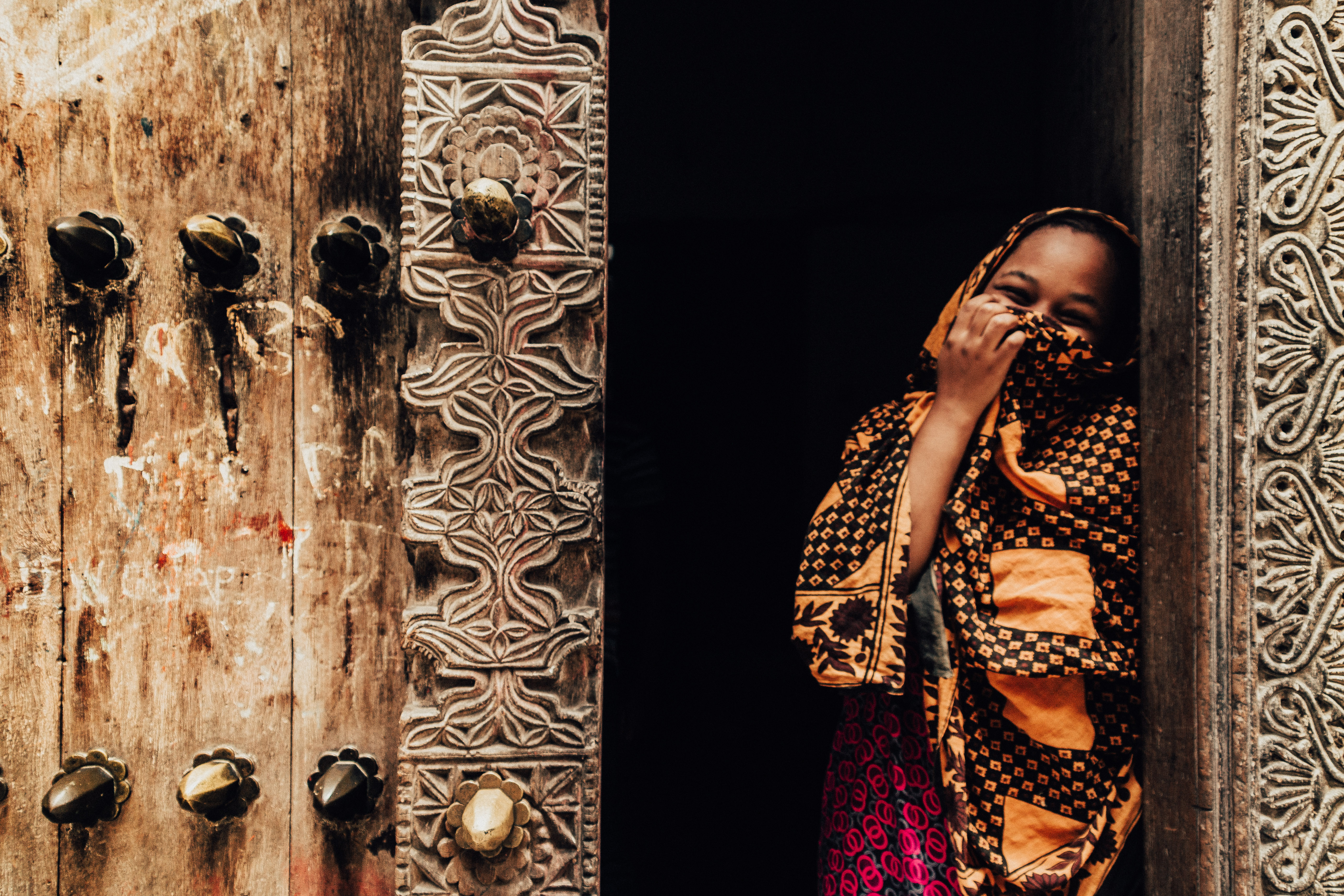
AG: What do you hope for the future?
Machano: My biggest hope as AshGallery is to recruits as many photographers I can get and to share the stories with the world. I think is time for us young African to tell our stories and not to wait for someone to tell our story; we find photography is the best tool to reach beyond communities to take photographs of the untouched Africa and share with the world: culture, traditions and communities through artistic, creative and realistic images.
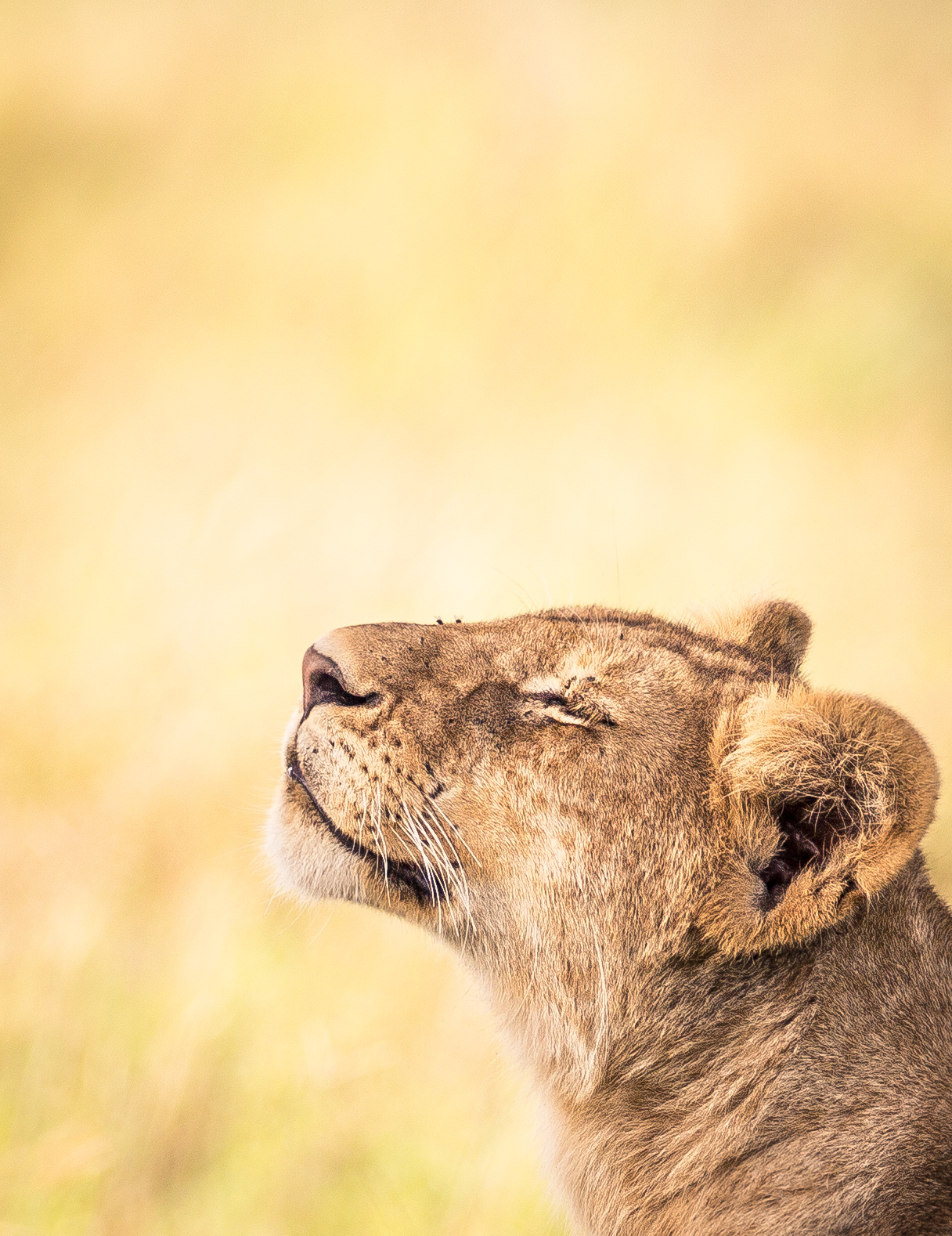
A big thank you to Ashraki Mussa Machano for sharing his wonderful work with us!
